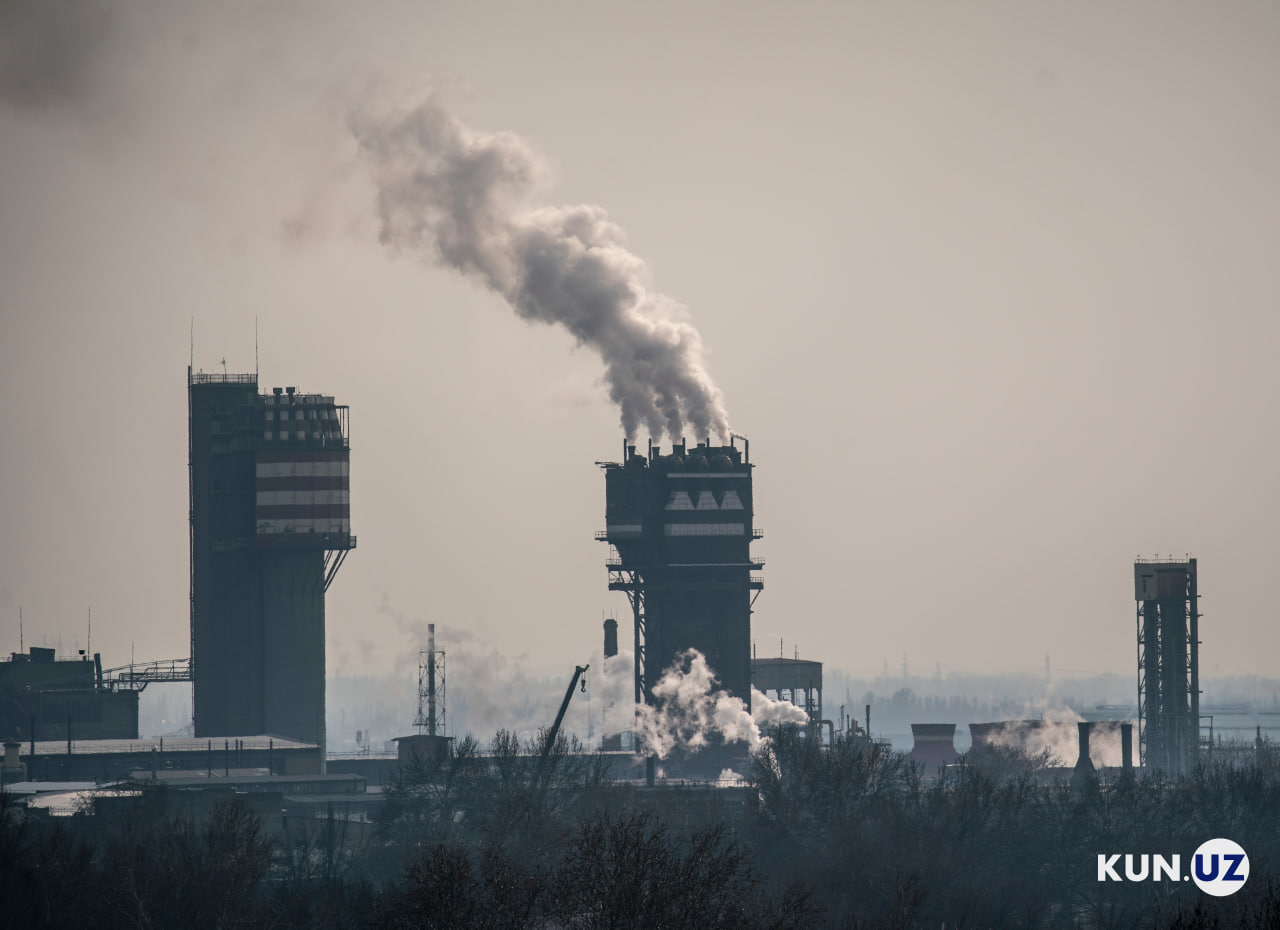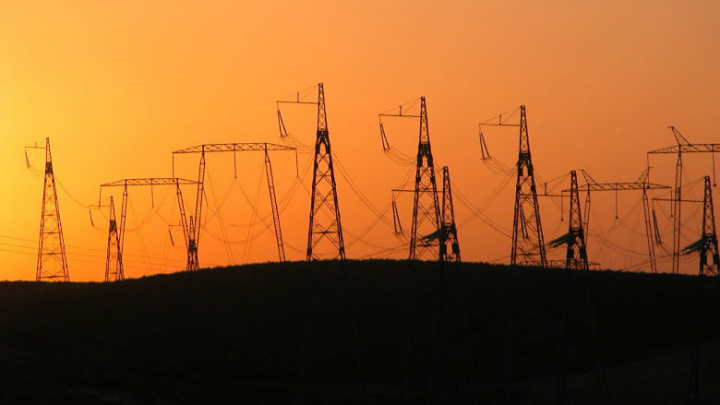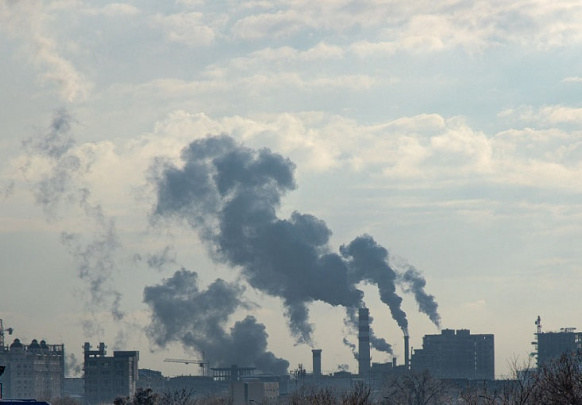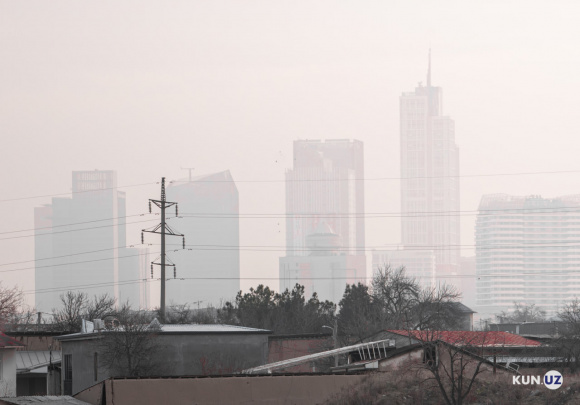World Bank report: 83% of Tashkent residents live in high air pollution zones
A staggering 83% of Tashkent's population resides in areas where air pollution exceeds safe levels by six times, according to a recent report released by the World Bank in collaboration with Uzbekistan's Ministry of Ecology, Environmental Protection, and Climate Change. The report, titled "Air Quality Assessment for Tashkent and the Roadmap for Air Quality Management Improvement in Uzbekistan," outlines the critical air quality challenges facing the capital.

Photo: KUN.UZ
The study indicates that the annual average concentration of PM2.5 particles in Tashkent's air reaches 38.8 µg/m³, significantly surpassing the World Health Organization's recommended level of 5 µg/m³. This level of pollution is associated with approximately 3,000 premature deaths each year, primarily due to strokes, ischemic heart disease, and lower respiratory infections. The economic burden of air pollution in Tashkent is estimated at $488.4 million annually, accounting for about 0.7% of Uzbekistan's GDP.
Monitoring data from three reference automatic stations in Tashkent—two managed by the Uzbekistan Hydrometeorological Center and one by the U.S. Embassy—reveals that PM2.5 levels peak in the evenings (after 8 PM) and mornings (8 AM to 10 AM). This pattern may correlate with residential heating activities and morning traffic congestion.
Alarmingly, only 39% of Tashkent's area meets the first interim target set by the World Health Organization for PM2.5 concentration, yet this area is home to just 17% of the city's population. Consequently, the majority—83%—of Tashkent residents live in zones with elevated air pollution, facing significant health risks.
The primary sources of air pollution in Tashkent include:
- Residential and Commercial Heating: Contributing 28% of annual PM2.5 emissions, predominantly during winter months (up to 45%).
- Transportation: Responsible for about 12% of emissions in winter and 25% during late summer and early autumn.
- Industry: Heavy and light industrial activities account for a stable 12-13% of emissions throughout the year, peaking at 17% in winter due to increased pressure on thermal power plants.
- Urban Dust: Resulting from construction and road dust, this source significantly impacts PM2.5 levels during summer and early autumn, sometimes contributing over half of the city's airborne pollutants.
The report also outlines a comprehensive roadmap for improving air quality management in Uzbekistan, including recommendations for updating air quality standards, revising regulatory frameworks, developing a national air quality management strategy, and establishing a coordination mechanism.
Additionally, the proposed government policies aim to enhance air quality across various sectors, including industry, transportation, and heating, as well as measures to reduce wind-blown dust. Experts suggest that emissions from the heating sector could be reduced by:
- Improving the quality of fuels and the efficiency of heating appliances.
- Implementing energy efficiency measures for buildings.
- Transitioning to more environmentally friendly heating sources.
Furthermore, financial support is recommended for households to invest in energy-efficient and environmentally friendly heating solutions.
Related News

19:29 / 11.02.2026
Uzbekistan launches $100 million employment initiative with World Bank support

11:17 / 24.01.2026
World Bank approves $1 billion program to create Central Asia’s first regional electricity market

14:33 / 19.01.2026
Tashkent to relocate 87 polluting industrial facilities outside the city

13:27 / 14.01.2026




